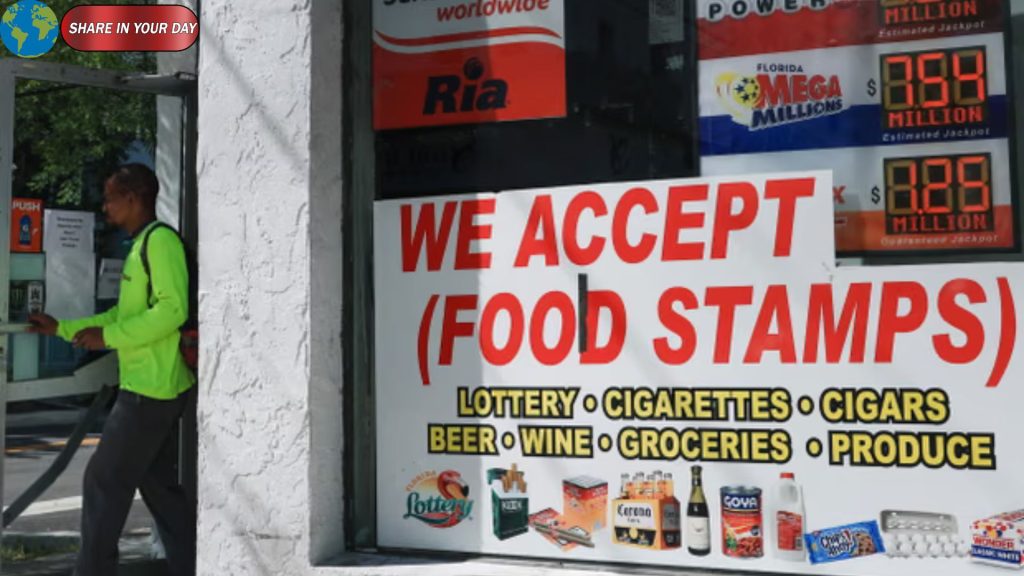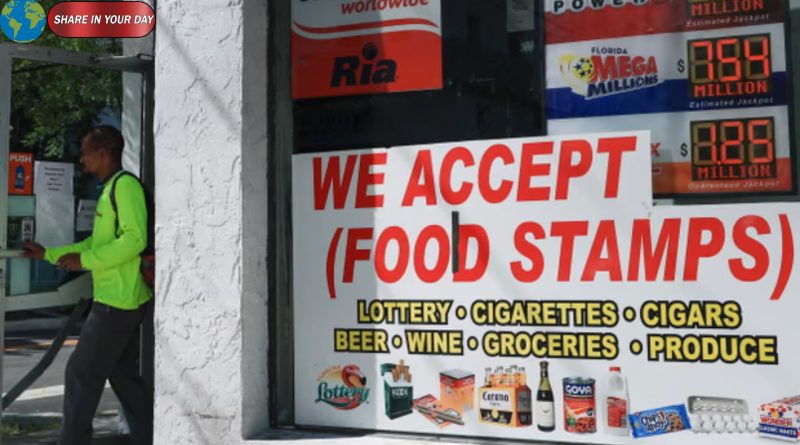The Donald Trump administration faced a trio of high-profile legal defeats on Friday, each posing significant implications for its domestic-policy agenda.
Food-Aid Freeze Blocked
In one case, a federal judge in Rhode Island barred the administration from suspending all aid under the Supplemental Nutrition Assistance Program (SNAP) for millions of Americans amid the ongoing government-shutdown stalemate.
At almost the same time, a separate judge in Massachusetts ordered that the SNAP programme continue, in a case brought by Democratic attorneys-general representing 22 states, the District of Columbia and three governors.
These decisions force the administration to rely on contingency funds to keep food-aid flowing, constraining its leverage amid budget disputes.
Voter Registration Form: Citizenship Proof Shot Down
In Washington D.C., Colleen Kollar‑Kotelly, a U.S. district judge, ruled that the proposed directive requiring documentary proof of citizenship for the federal voter-registration form is unconstitutional. The court held that the President lacks authority to mandate such changes because the Constitution assigns election regulation to the states and Congress.
This marks a fresh blow to the administration and its allies who have argued for stricter voter-verification rules as necessary to restore public confidence.
Justice Department’s Move on 2020 Election Records
Meanwhile, the United States Department of Justice asked officials in Fulton County, Georgia, to turn over records relating to the 2020 election—reviving one of the President’s biggest false claims about the election he lost.
Although Fulton County had previously been cleared of election-malfeasance, a Republican-led board voted to reopen the investigation last year, and the DOJ’s request underscores the administration’s determination to press the issue.
What This Means
These rulings collectively suggest a tightening legal environment for the administration’s domestic agenda. On food-aid, the courts are pushing back on attempts to use program suspension as a bargaining chip. On voting access, the judiciary is reinforcing limits on federal power in election regulation. And on election records, the DOJ’s inquiries signal a continuation of the administration’s broader certification-and-legitimacy strategy.
Expect these issues to remain central as the government shutdown drags on, budget negotiations intensify, and 2026 election-cycle politics ramp up





